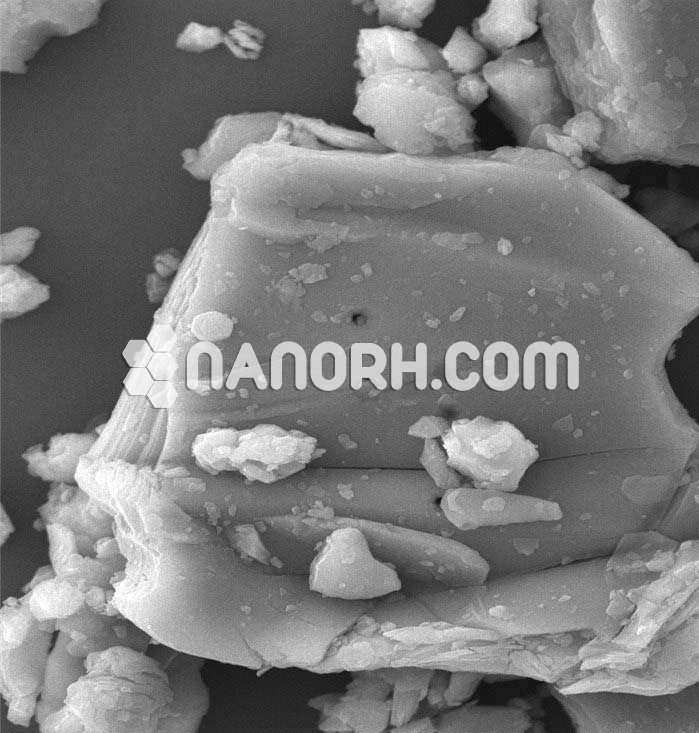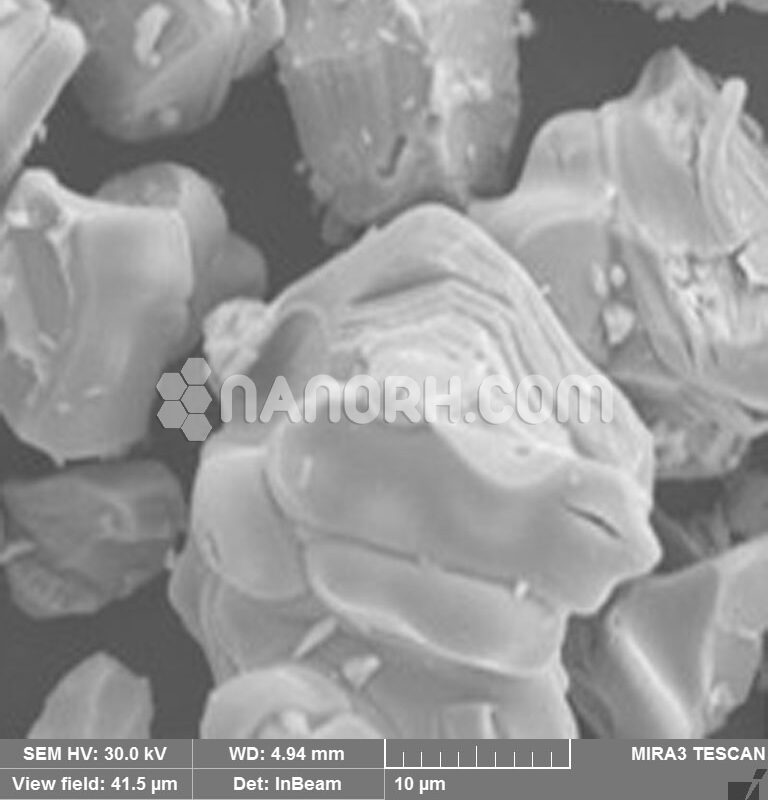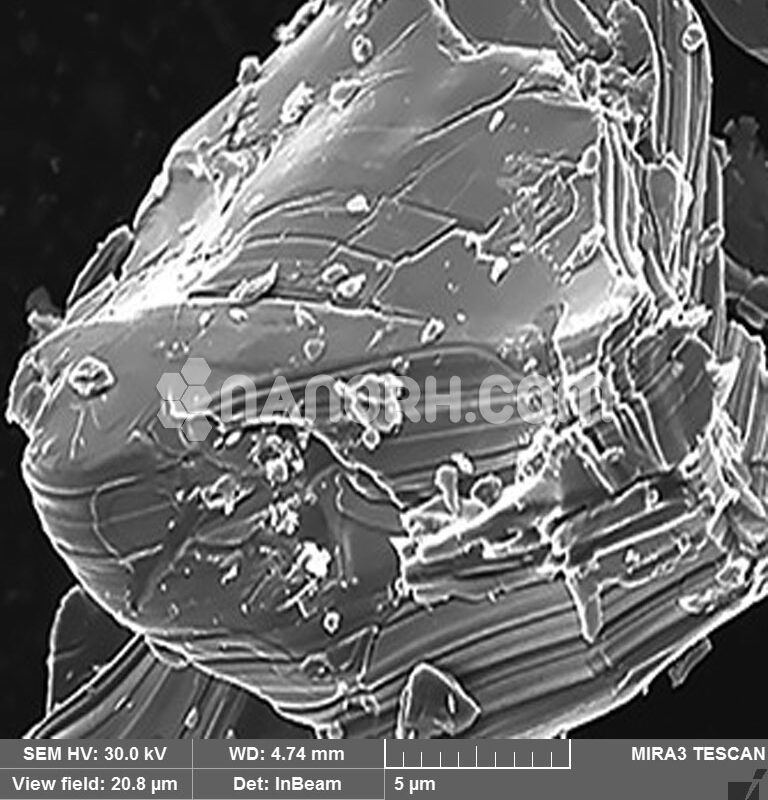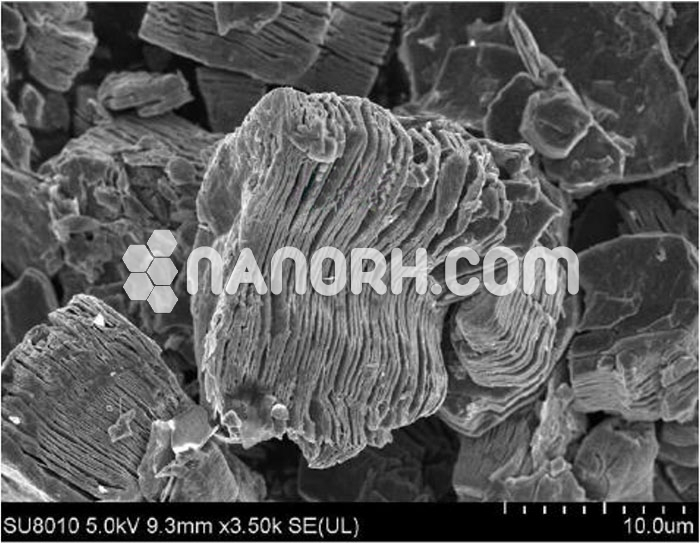|
Cr2TiAlC MAX Phase Powder |
|
| Product No. | NRE-58031 |
| CAS No. | NA |
| Formula | Cr2TiAlC |
| Molecular Weight | NA |
| APS | < 40 μm |
| Purity | 99.9% |
| Form | Powder |
Cr2TiAlC MAX Phase Powder
Structure and Properties:
The Cr2TiAlC MAX Phase Powder is characterized by a hexagonal structure where the layers of early transition metal carbides or nitrides (MX) are interleaved with layers of pure group-A element. This structural arrangement imparts several unique properties, including:
High Electrical Conductivity: Owing to the presence of metallic bonding.
High Thermal Conductivity: Useful in thermal management applications.
Oxidation Resistance: Enhanced by the presence of aluminum which forms a protective oxide layer
Mechanical Strength: Combining both ductility and high stiffness due to the metallic and ceramic nature of the bonding.
Electrical Applications
Conductive Coatings: Due to its good electrical conductivity, Cr2TiAlC MAX phase is used to create conductive coatings for electronic components, improving performance and durability.
Electrical Contacts: Its combination of electrical conductivity and resistance to oxidation makes it suitable for use in electrical contacts and connectors.
Synthesis
Powder Metallurgy: Involving the mixing of elemental or binary compound powders followed by sintering.
Self-propagating High-temperature Synthesis (SHS): A combustion process where the exothermic reaction between the elements drives the formation of the this content aims to provide a comprehensive overview of MAX phase.
Applications:
Aerospace: For components requiring high strength-to-weight ratios and thermal stability.
Electronics: In devices where high electrical conductivity and thermal management are critical.
Coatings: Providing oxidation and wear resistance to substrates in harsh environments.
Energy Applications
Fuel Cells: Cr2TiAlC MAX phase powder is explored for use in fuel cells and other energy conversion devices due to its stability and conductive properties.
Battery Technologies: Its potential in improving the performance and longevity of batteries is also being researched, particularly in advanced battery designs.




